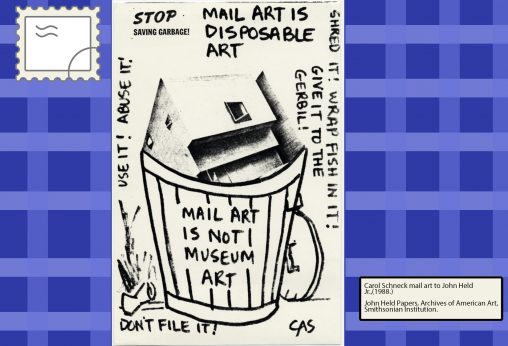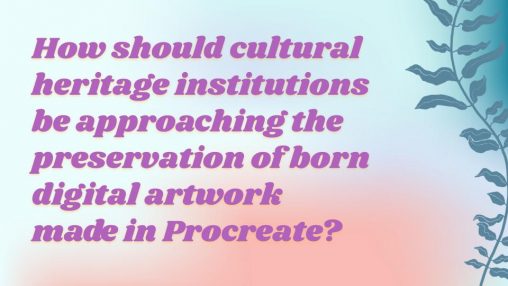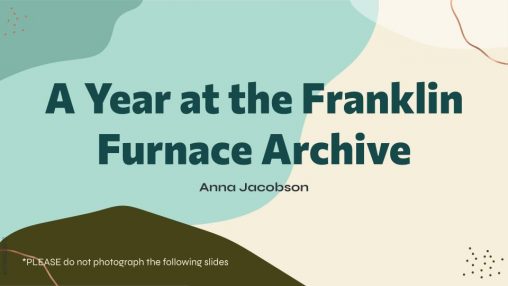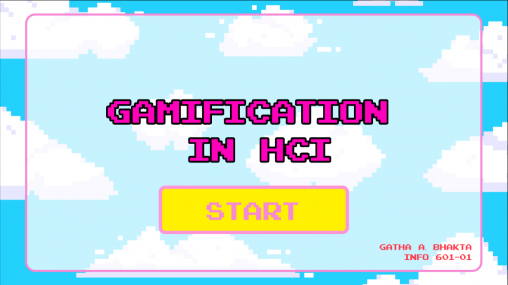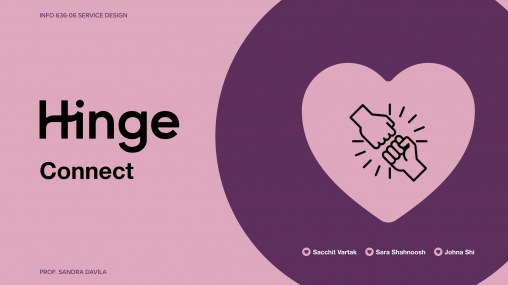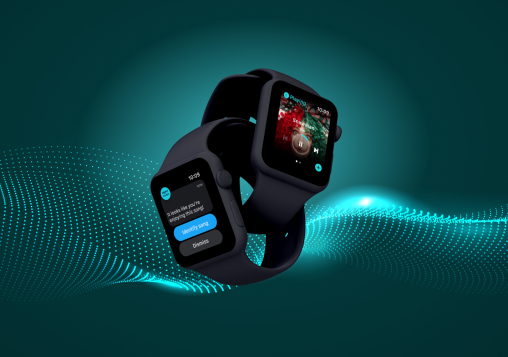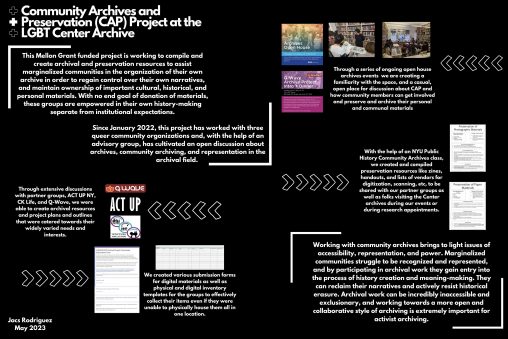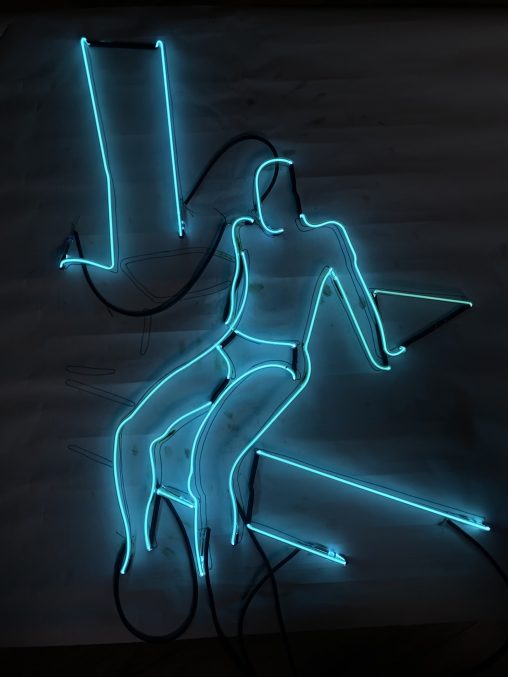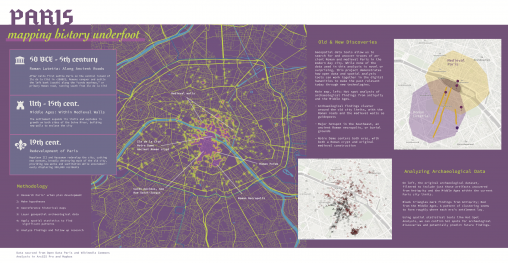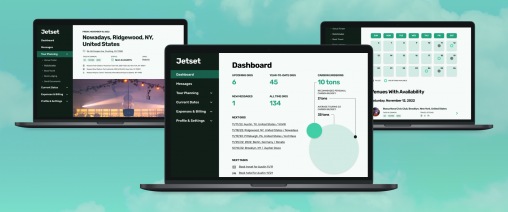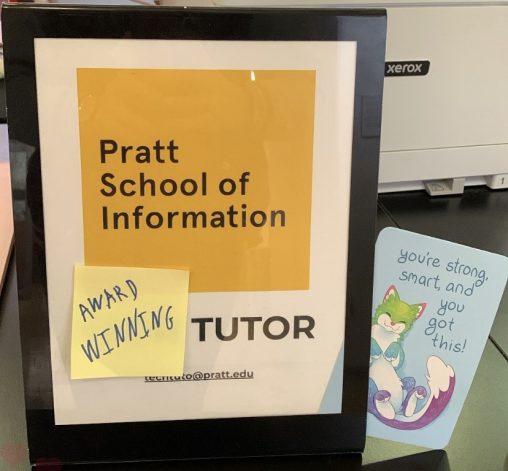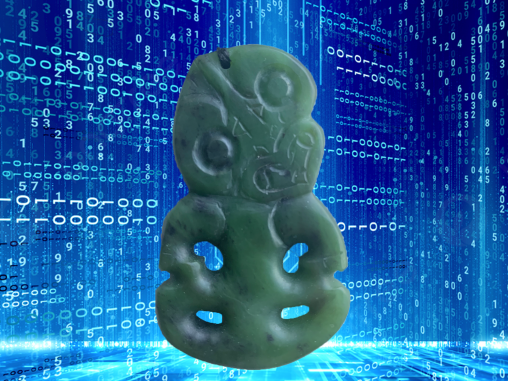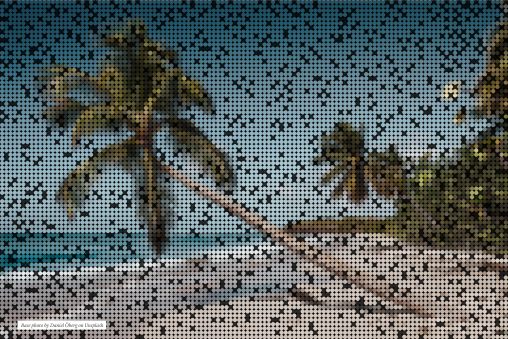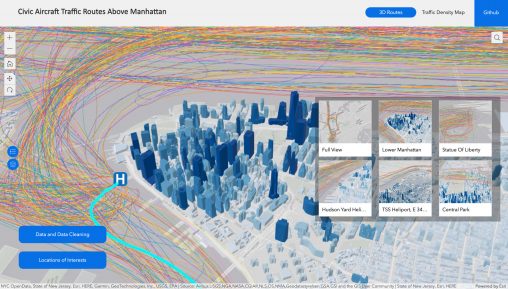Page 9 of 33
The project aims to establish formal processes for handling harmful or explicit material in digital collections, with a focus on protecting donor privacy. The project involves working on…
This poster was created for INFO 653 Knowledge Organization. It provides an overview of what ephemera is, why it is important to collect and organize it, as well…
This poster records the different challenges that I faced during my fellowship with Pratt Center and how I resolve them with my own knowledge of the subject, what…
When does a prop become an artifact, when does an artifact become a prop? When is it okay for a person to take an historic object and use…
The United States has not created any meaningful legislation to protect American’s data privacy or usage since the 1970s, despite a bipartisan agreement of the need for such…
